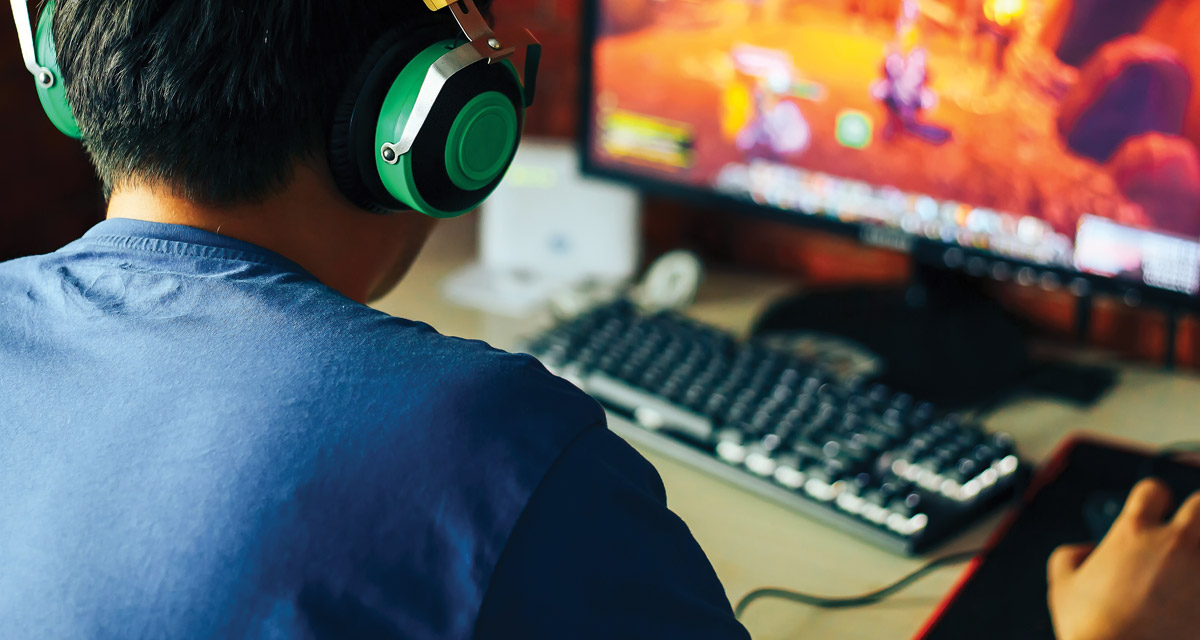BY KORI MACKALL, Director of Communications, The Piedmont School & John Yowell Academy
It is hard to believe, but the holidays are officially here! With the decorations going up, the holiday music everywhere you go, and the chill in the air, many are making travel plans, and all of our children are counting down the days until winter break. While the winter break is certainly welcomed by children and families, it is important for children not to completely ignore the academic routine they have been accustomed to since August.
To help bridge the holiday gap, here are some tips for keeping your child engaged in academics over the winter break:
Maintain Routine (As Much As Possible):
While sleeping in is certainly almost guaranteed (at least for the middle- and high school-aged students), it is important to maintain some sense of daily routine for all children, so that they do not become disoriented when it is time to head back to school in January. While daily plans can often be hard to predict during the winter break, try maintaining nighttime routines/bedtimes as well as possible. This can often be the most difficult part for students to get back into when January rolls around, so maintaining bedtime routines is a good way to help keep their sleep schedule on track.
Communicate with Teachers:
Before winter break arrives, reach out to your child’s teacher(s) to get an idea of any skills they could work on over winter break (math facts, sight words, novel reading, make-up work, etc.). Teachers may be willing to provide websites they use in school, apps that can be downloaded, or worksheets for practice. First quarter report cards have gone out at this point, so take a look at any grades that may reveal struggling or areas for improvement mentioned there. Even if your child has straight A’s, it is important to keep him or her engaged over the break as well, so extra practice on daily skills will most definitely be beneficial.
Provide a Daily School “To-Do” List:
After you have assessed what your child can do for extra practice, create a daily school “to do” list, or provide a block of time each day when your child needs to be working on school-related activities. This can be as short as an hour or a few times spread out throughout the day. Some of this time could be spent working during long car rides or plane travel, right after breakfast, while dinner is being prepared, etc.
Consider providing your child with a “winter break journal.” Have them keep a daily journal about what they do each day over winter break. For younger students, this may include one to two sentences with a picture, and for older students, a paragraph or a page about what they have done each day. Not only is this great writing practice, it certainly becomes a keepsake for parents as the years pass.
Keep the Fortnite/Gaming to a Limit:
The Fortnite obsession is still very much the trend, and it can be assumed that many students are viewing the oncoming winter break as an opportunity for unlimited access to their favorite game of choice. While there certainly needs to be a fair amount of fun and down time over winter break, the gaming and screen time should have time restraints. Research has shown the long-term damage that can be done, and the addictive-like behaviors children can show, as a result of too much screen time and online/video game time. This is especially true for young students and those with attention deficit disorders or language-based learning differences. While children may enjoy the escape and break from reality they find in games like Fortnite or Minecraft, and while this type of game certainly does encourage creative and technical development, they can also hinder children from other important opportunities for development, especially socially. Much of the holiday season and winter break involves family time, travel, and fun outings. Encourage your child to disengage from the devices and be present in the moment. While a little screen time certainly won’t hurt, and may be necessary at times, keep strict time limits on the amount of time per day your child has access to their video game screen or other electronic devices.
Make Memories:
Above all else, prioritize making memories. The memories that are made through social interaction will far outlive the ones involving a screen. Even if your family enjoys a more low-key winter break spent relaxing at home, make memories through cooking dinner together, baking cookies, playing outside, reading together, or catching up with friends and neighbors. There are learning opportunities available in most moments, be they using measurements to bake cookies, budgeting for a shopping trip, reading new books, deciphering directions for putting together a new toy, or even taking the time to learn a new hobby or trade—find these moments and make the most of them. These moments are precious; be sure to be in the moment for as many of them as you can.






















